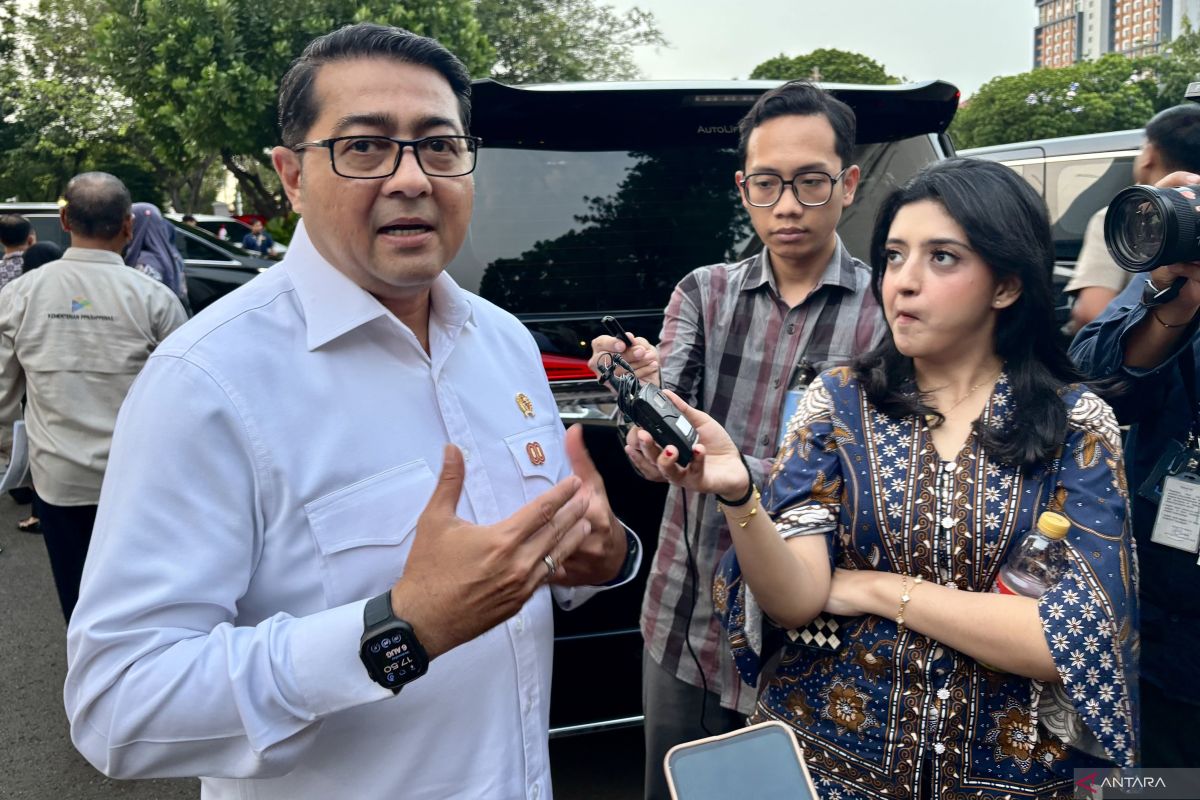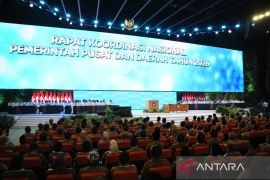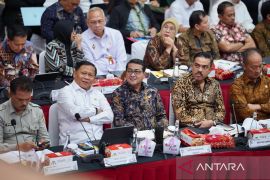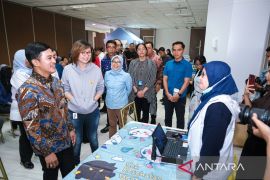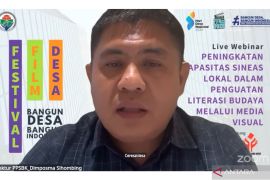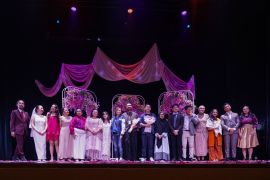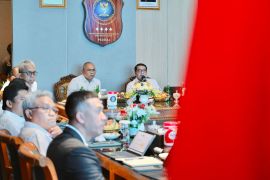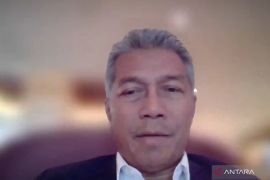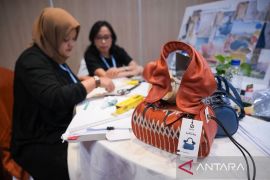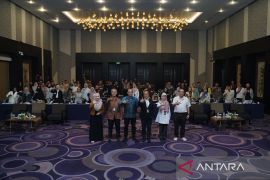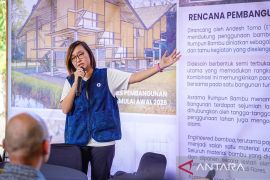For Harsya, transparency and accountability—especially in the collection and distribution of royalties to rightful recipients—are the most fundamental aspects of the royalty discussion.
“There are several aspects we need to look at. First, of course, songwriters and composers must receive their royalties. On the other hand, there must also be fair policies for those using the music. However, the most important issue that needs restructuring is the collective management system—LMK and LMKN,” Harsya stated in a recorded interview with ANTARA, uploaded on Thursday.
For that reason, Harsya supports the proposed revision of the Copyright Law, which could address many of the recent challenges and disputes related to royalty payments that have surfaced recently.
“There is currently a legislative initiative in the House of Representatives (DPR) to revise the Copyright Law,” he stated when met by ANTARA at the Presidential Palace in Jakarta on August 6.
Regarding the controversy over royalty payments demanded from business owners such as restaurants, cafes, and coffee shops that play songs owned by musicians, Harsya reiterated the importance of ensuring accountability.
“If we are using the music, ideally, we should pay for it. However, what must be guaranteed is the accountability of the collective management, so that royalties reach the rightful parties,” Harsya added.
The Directorate General of Intellectual Property (DGIP) of the Ministry of Law and Human Rights reminded business operators on July 30 that any music played in public spaces must be accompanied by royalty payments to the creators and rights holders of the songs.
According to DGIP, this obligation also applies to those playing music through digital services such as Spotify, Apple Music, YouTube, and other similar platforms.
The requirement to pay royalties is regulated under Law Number 28 of 2014 on Copyright, with technical details outlined in Government Regulation Number 56 of 2021 concerning the Management of Song and/or Music Royalties.
Specifically, the use of music in commercial venues like restaurants and cafes is governed by the Decree of the Minister of Law and Human Rights Number HKI.2.OT.03.01-02 of 2016.
According to these regulations, royalties must be paid through an official institution designated to collect and distribute them to songwriters and rights holders, namely the National Collective Management Organization (LMKN).
This policy has triggered protests among cafe owners, many of whom have chosen to stop playing music entirely to avoid being billed for royalties.
Despite this, several prominent Indonesian musicians and bands, such as Ahmad Dhani, have publicly stated that they allow their songs to be played in cafes free of charge, so business owners do not need to pay royalties.
In addition to Dhani, bands like Juicy Lucy, former ST12 vocalist Charly van Houten, and dangdut legend Rhoma Irama have also granted permission for their songs to be freely played and performed by others in cafes.
Irama said he finds it more meaningful when his songs are performed by others, describing it as a form of charity.
Related news: Minister vows to resolve music royalty concerns
Related news: Law Minister discusses royalty system with singers, musicians
Translator: Primayanti
Editor: Azis Kurmala
Copyright © ANTARA 2025
